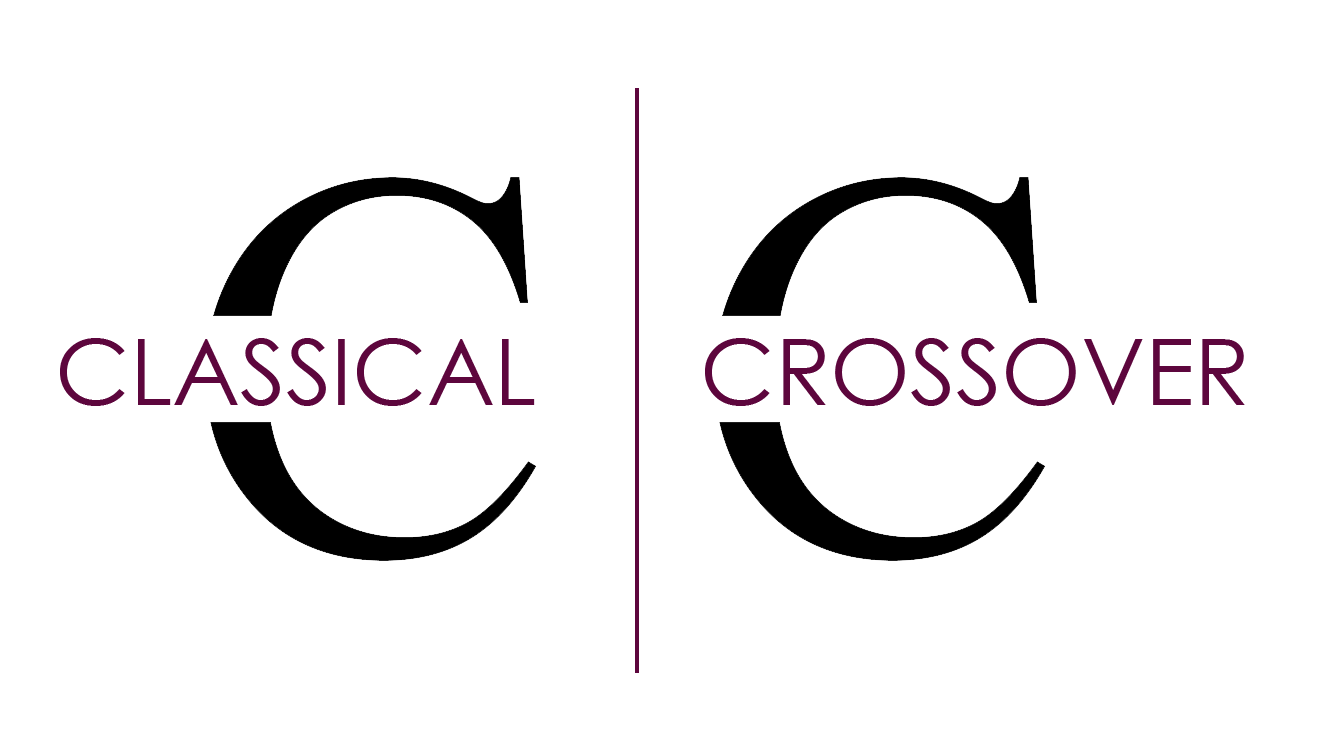Robert Emery
“Music is all I’ve ever known. I’ve been performing since the age of seven, so the stage is really not a stage, but home.”
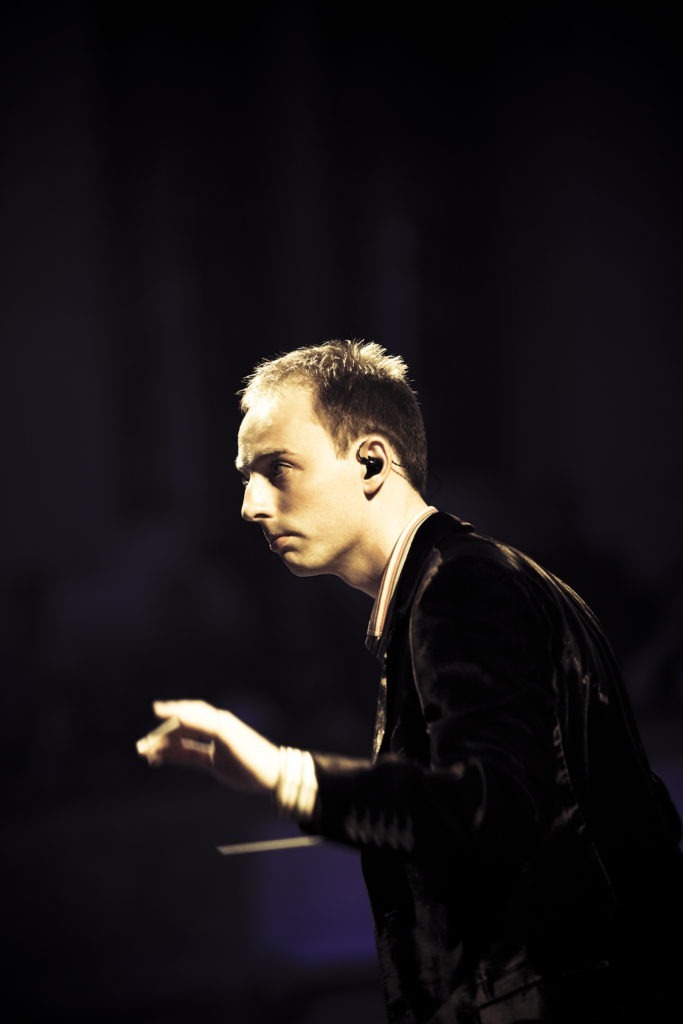
Pianist. Arranger. Conductor. Producer. Entrepreneur. Robert Emery is the definition of a multi-passionate musician that is constantly evolving. His influence is seen in crossover artists such as Russell Watson, Joanna Forest, Jonathan Antoine and I believe his presence in the genre will only grow with time.
The piano was a gift that had been passed down from his grandmother. The popular program “Top of the Pops” was a favorite of the Emery’s and provided a special challenge for Robert. “I used to just listen to the number one song on Top of the Pops and would go to the piano and play it. I had no training and didn’t know how I could do this, didn’t know it was an unusual thing to do, it was just something that I did.”
However, his special ability did not escape the notice of his mother who decided soon after it was time to get him lessons. Robert began to study with a local piano teacher. “After about a year I was put through a test and I couldn’t read music.” His incredible ear for music had allowed Robert to play back the examples from his teacher without actually learning how to read music. “Nobody knew but they found out at that point. So, I was then taken to another teacher who focused me really hard on learning to read music.”
His education continued in primary school where he also began studying cello. “We also had general music classes twice per week where we would all get together and play percussion. I also sang in the choir and there was a little school orchestra that I played in, so I was surrounded by music.”
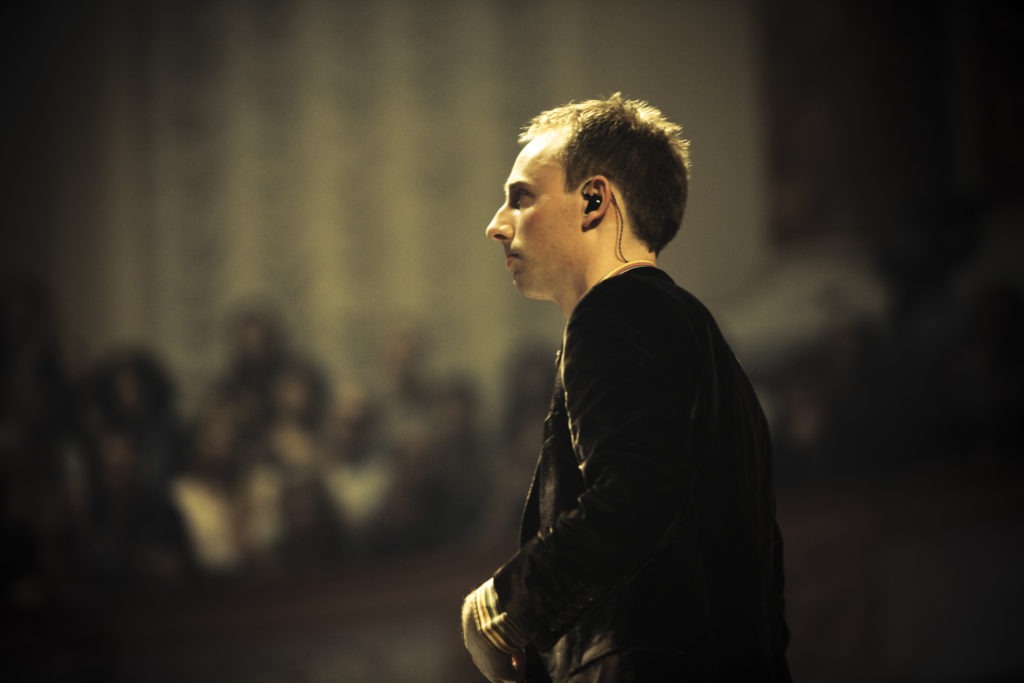
Robert refers to this nurturing period as being covered in a “musical duvet” which helped him become the musician he is today (which includes being a self-taught conductor).
“When I was eighteen, I conducted the Birmingham Philharmonic Orchestra… I created a concert called, ‘The Classical Spectacular’, which looked great, sounded okay, but I had the time of my life. And I thought, ‘How hard can waving a stick be?’ So, I just threw myself into it. After that I realized, yes, it is quite hard. When you throw yourself into the deep end like that you learn, hopefully, to be successful very quickly, and if you don’t then you realize it’s not for you. I was very lucky that I realized conducting was for me.”
However, the piano will always be significant for Robert. “There are a couple of things I love about the piano. One is that you have all eighty-eight notes in front of you, you can see them all, it covers the range of pitch, and it covers all instruments. It goes up to the highest note any other instrument can play and goes down to the lowest note that any other instrument can play. And because of that, and because of the volume, that you can play really loud or really quietly, I fell in love with the idea that I could produce sounds on the piano that would sound like a finished piece right away. Whereas if I wanted to play the pop song I heard on Top of the Pops on the flute, you’d only hear the tune, and almost any other instrument you would just play the tune or you would play the bass, but with piano you can do everything.”
Through the years he has grown to love many pieces but favorite among them are Rachmaninov’s “Piano Concerto No. 2” and Gershwin’s, “Rhapsody in Blue.” Robert seems not only to love the music but the composers as personalities.
“Rachmaninov incidentally, was an interesting character. He lived in Russia and when he wanted to move to America, he loved his house so much he effectively dismantled it, shipped it to America and rebuilt it in the states. Gershwin was an interesting character because when he wrote Rhapsody in blue, he couldn’t actually physically write music, he didn’t have the theoretical knowledge. He was a ‘Jazzer ‘really. On the very first performance the orchestral parts were written by his arranger and he essentially said to the conductor, ‘When it gets to the piano solo bits I’m going to play what I play, it’s not written down, and basically when I want you to join back in I’m going to give you a nod, and that’s when you rejoin.’ And that first performance was never recorded, the sheet music was never there, apart from what the orchestra played, so the conductor ran home and tried to remember what Gershwin had played, and that is what we know today as Gershwin’s Rhapsody in Blue, it’s the memory of what the conductor heard on that night.”
Robert studied acting at fourteen and although he decided to give it up in favor of music his flair for storytelling is evident. With this background it seemed natural that he would be drawn into the world of Broadway. “I saw Joseph and the Amazing Technicolor Dream Coat at the London Palladium when I was ten. I circled Mike Dixson, musical director, Michael Reed, musical supervisor, and I wrote in my program as a ten-year-old, this is what I want to do when I grow up. If you cut to eight years later, I moved to London to go to the Royal College of Music and I get a job as a church organist in Chiswick, just to earn a bit of money. Literally the first Sunday that I played the Vicar said to me, ‘I’d like you to meet someone whom I think you might find useful.’ And Mike Dixson walked down the aisle.” The vicar also introduced Robert to Michael Reed. “I have become very close with both of them, but Mike Reed in particular, who is even the Godfather to my son, and that really sparked off my interest in theatre.”
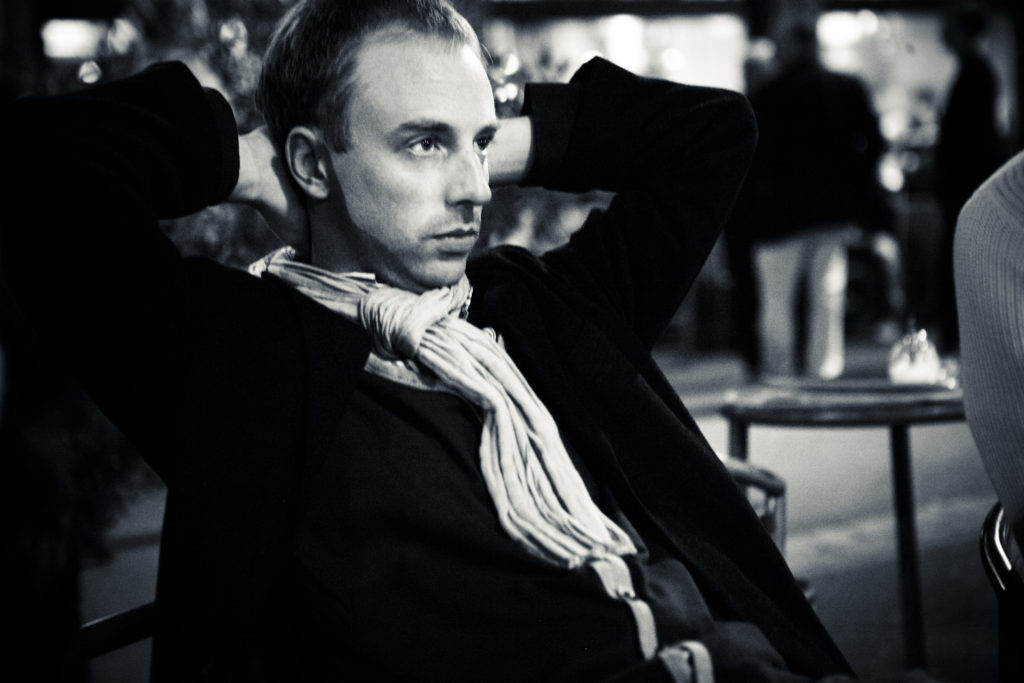
“What it means to me is the combination of a great story with drama, hopefully, a great set, and costumes. Bringing that story to life through that medium, on stage, and through music, is for me a perfect combination of the arts put together.”
Robert’s credits in theatre include “Bat out of Hell” a musical on which he worked with Meatloaf and Jim Steinman. “The story’s bonkers, the set was even more bonkers and the music is thrilling to play and conduct on a nightly basis and I was lucky enough to conduct it. The highlight for me was to conduct it at the London Colosseum with the English National Opera.”
Nowadays he writes his own material and hopes to see them performed. “I was lucky enough to premier one of
my musicals in Switzerland in 2018, and there will be another musical coming up in mainland Europe in 2020.”
Despite his incredible talent, Robert realized early on the fickle nature of the music business. “I wanted to create myself an insurance policy, and a pension pot, and I thought the best way to do that would be to create a company which deals with the arts just in case my career as a pianist, or as a conductor, or as a composer, didn’t take off. Then I would still have the company beside me.”
To this end, Robert created a production company at sixteen. “I wanted to start getting performance experience and I didn’t want to rely on other people giving it to me. I wanted to generate it for myself…I come from a standard family background, didn’t have a lot of money, and I knew that to move to London and go to the Royal College of music I would need some money.” He figured the best way to make the funds he needed was to not only be the artist but the producer as well. “If I could also be the producer and get the ticket money in as the producer does, then it’s a double whammy. You get two sets of income.”
This was in his mind “the sensible thing to do” but of course this new venture was not without its complications including commuting every day between London and West Midlands. The pace was unsustainable.
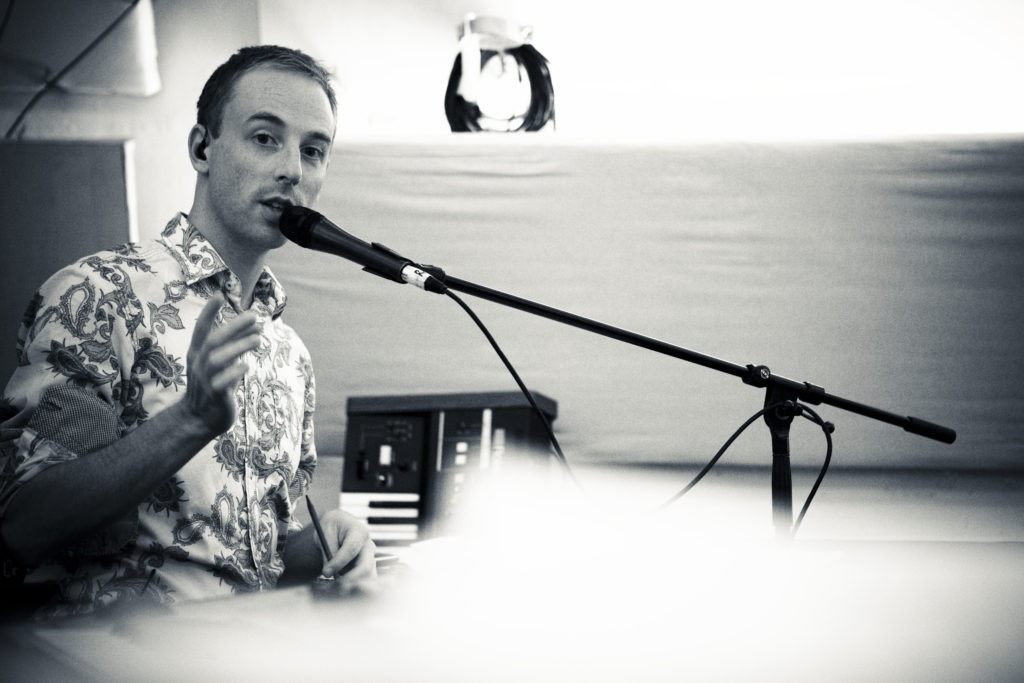
“In the third year out of the four-year course at the Royal College of Music, I was called in for a meeting and told that I was in danger of being thrown out of the Royal College because I wasn’t concentrating enough on my studies. I was too busy gigging around the UK and setting up productions. So, I decided for the fourth year of my college degree to pause the business.”
However, this was only a temporary setback for the budding entrepreneur. “Once I had successfully graduated, I formed a new business called The Arts Group, whereupon I decided to split the business up into different sectors. We have Arts Symphonic, which is one of the most creative orchestras having multi-ensemble options ranging from a small eight-piece chamber group to the full 90-piece symphony orchestra. Then I figured out if I am going to create an orchestra, I’d need to create a commercial choir as well to sing on any albums or in any concerts that we were producing, and that’s the Arts Voices. The Arts Academy was something that was born as well
in 2005, because I saw a gap in the market where music teachers needed more work and people who are new didn’t have easy access to high-quality music teachers. So, I set up the Arts Academy. At that point I opened up an office in West London. I had seven people working for me. Arts Festivals was something that I originally created to produce but we’ve pivoted away from that idea. Its sole function now is to help consult with other artistic establishments to produce events and also to produce our own events.”
If Robert has one flaw it’s having too many ideas and getting spread too thin. “I do ideas and that’s the bit that I’m great at. I’m terrible at getting it from an idea into something which can happen because I just move on to the next idea.”
Despite the many opportunities that have come his way Robert has also learned to place limits. “It looks very glamorous, it sounds very glamorous, but in 2011 as an example, I caught a flight every three days for the whole year, and at the end of that year, I was completely worn out. I really struggled emotionally and physically, to some extent, to keep me on the straight and narrow. At the end of 2011 I had what some people call ‘burn out’ and struggled to get over that because it also lowers your confidence. I learned that I have to be careful with how much I work. Back then I was doing easily 100 hours a week. I have to make sure that I pace myself and be a bit pickier and more choosey as to who I work with and what I do.”
He’s learned to delegate and now has an assistant Annika. “One of the things I realized is that having a professional experienced person running the show behind the scenes, which is my assistant, that’s a real saving grace in my life because without that I would really struggle to achieve what I’ve achieved. Without that I would run around like a headless chicken going, ‘I can do this, I can do this! But I don’t know how!’ Because I would be overwhelmed with the amount of work that is needed. Having an assistant is a God sent!”
Robert remains happy about being a multi-passionate person saying, “Creativity is the source of all life. For me, it is impossible to be overwhelmed by that because it is a thrilling thing to have.”
It’s a good attitude to have in a world where artists are continually required to produce new content. “The people, you tend to find, who are successful, are the ones that are not pigeonholed. If you look at someone like the Beatles, in some of their most famous tracks they used a sitar – that’s definitely not pigeonholed. Look at someone like Simon Rattle, when he was first at the CBSO in Birmingham. He was a young person, he was vibrant, full of passion, full of energy (still is), and he really challenged the orchestra to play works that were not being played in the country, and he was definitely not pigeonholed. Whatever you choose to do in your career, you have to really do to the very best of your ability. You have to try your very hardest at all times. Always have in the back of your mind that you are only as good as your last performance.”
Classical Crossover was the perfect genre for someone with as much appreciation of various genres as Robert has and he dived in deep serving as a conductor for one of the genre’s most successful performers, Russell Watson. “I was lucky enough to tour the world with him. One of the reasons I was lucky was, yes, I got to see some amazing places and conduct some amazing orchestras in amazing venues, but I also got to spend a lot of time with Russell. He is one of the characters that have been around for so long in the industry, he really knows how it works, where the pitfalls are, what people are going to expect and what they are not going to expect. Golden rules like, you need to be utterly gracious and polite even in the most stressful situations with promoters, and producers, and financial backers, and record labels, at all times… it was just acting like a sponge around him and learning what he did, that advice put me in good stead for my future career.”
Not surprisingly Robert thinks it’s time for the crossover world to get a little shaken up. “I think Classical Crossover as a genre has gone a little stagnant. You can see that by the album sales of even the biggest stars like Russell and Katherine Jenkins, the album sales are not what they were five years ago let alone ten years ago. Does that mean that they are producing worse albums? No, I don’t believe it does. I think people like Russell are still doing great work, however, I do feel that the genre as a whole has stagnated a little and needs an injection of new blood, new music, and new types of music. The tricky thing about this is that as much as I believe we need to have new music I do also understand that audiences don’t necessarily like change… it’s a tricky conundrum. How do you inject new creativity, new sounds, into the Classical Crossover genre, so it doesn’t become tedious and every record doesn’t sound like the record before, how do you do that and update the genre to modern-day without alienating the audience? And that’s the million-dollar question.”
Robert recently produced The Rhythm of Life for Joanna Forest and sees it as a bright spot. “I’m thrilled with it. Not just because it’s an album I produced, but because I think the style of the album, and the mix of the music on it, and the new arrangements, and the new sound that I’ve worked on quite heavily with Joanna from day one with the first album, is, hopefully, inserting new life and color into the industry. I hope this will continue to help Joanna grow as an artist but also in a transition phase, from just buying CDs and hold them to streaming. The classical genre in streaming is still unbelievably low, yet the CD sales have declined. So, we are in a transition phase and I do believe that in five years, and I do think it will take at least five years, we will come out the other side and the genre will have another renaissance. But it will only happen if people, like Joanna, keep on challenging the Classical Crossover genre, bringing out new material which is applicable for the audience, but also challenging.”
If anything is clear through his extraordinary career it’s that Robert Emery loves music and all the challenges that come with.
“The nice thing about music for me is that it is in every fiber of my being. I feel totally at home when I am on a stage in front of two or twenty thousand people. I don’t feel nervous, I don’t feel daunted, I don’t feel worried. Put me in a party with twenty people and I’ll skulk in the corner, very shy. But music puts me at home. It’s where I feel most comfortable, it’s where my heart is, it’s where my brain is, it’s where my soul is. Every fiber of my being loves creating new music and performing old music, hopefully in new ways. That’s what motivates me and I hope it will continue to do so for as long as I live.”
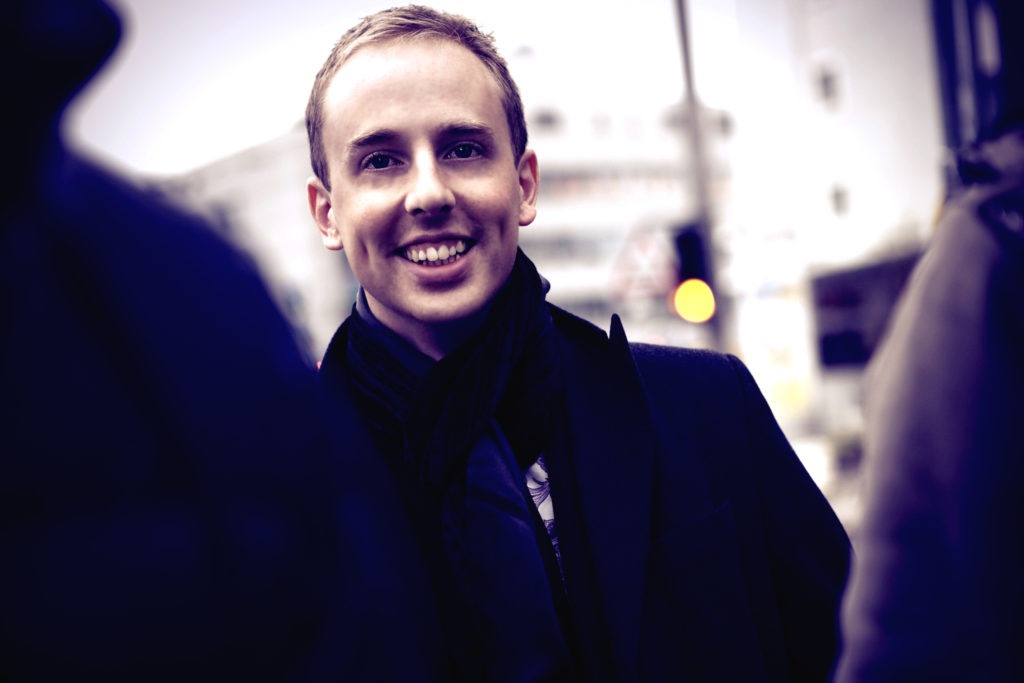
The podcast “Backstage with Robert Emery” is available from
